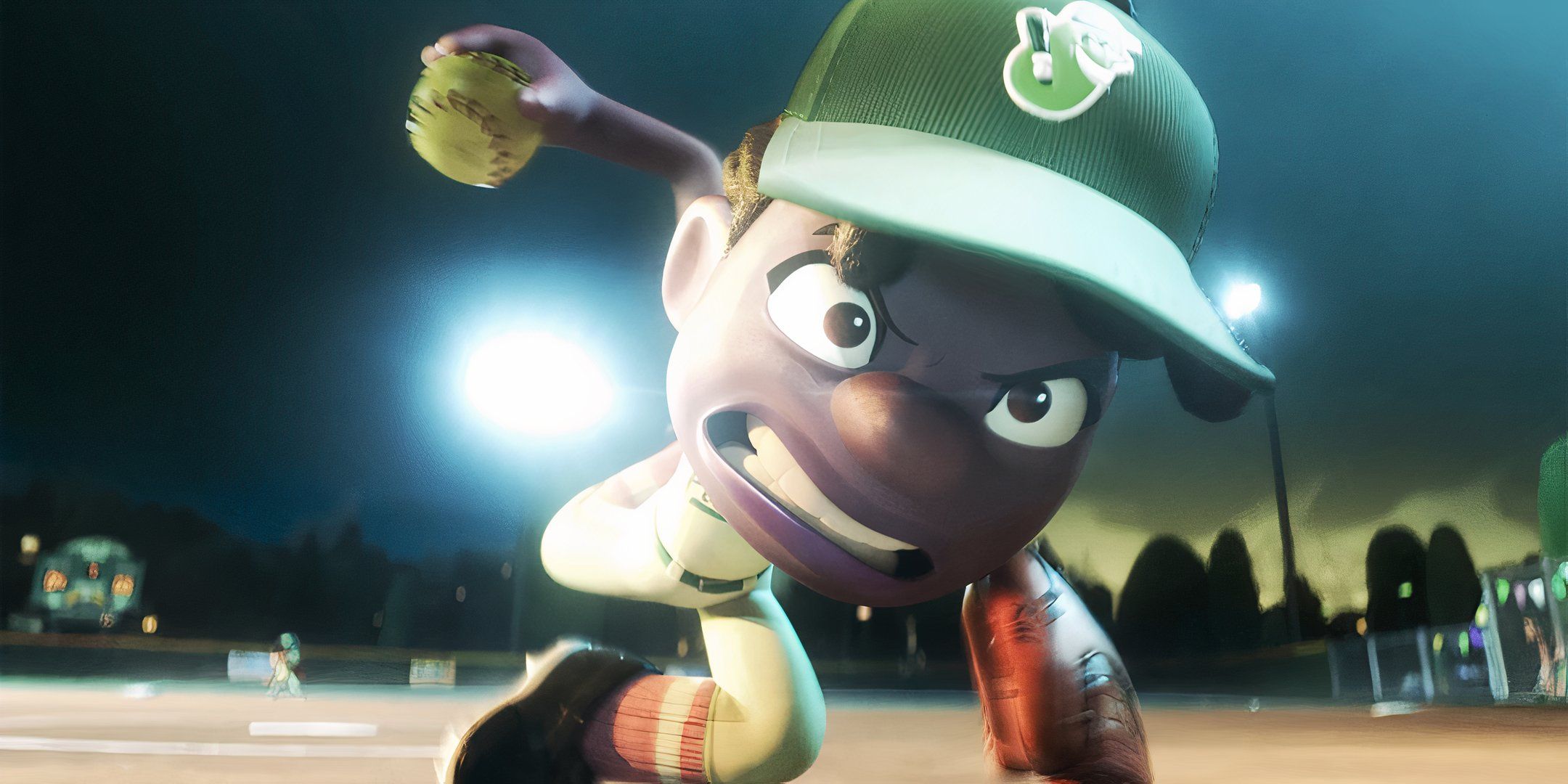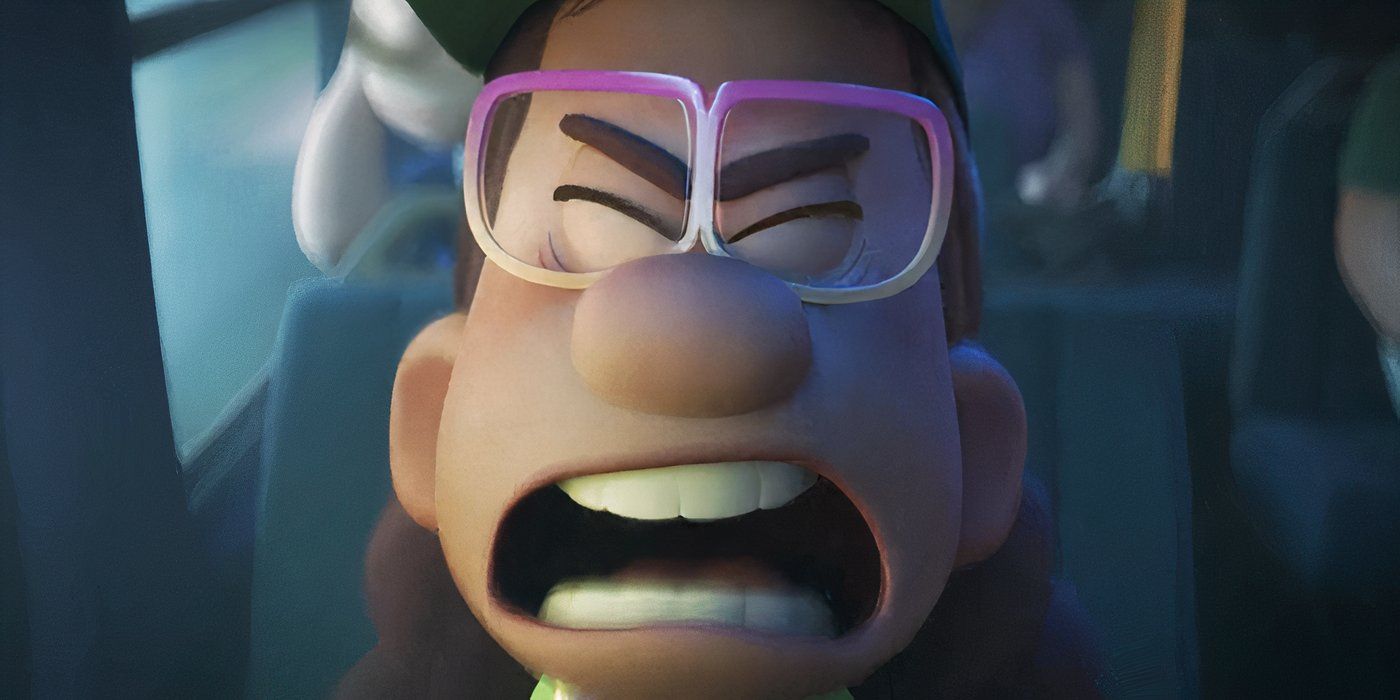
After the decision generated many negative reactions from the public, Disney withdrew Win or loseThe film's transgender storyline drew an outspoken response from some Pixar employees. The upcoming show marks the first full series to come from the animation studio, revolving around a coed high school softball team and the lives of its young players and their parents leading up to a championship game. Win or lose sparked controversy when it was revealed that Disney had removed a storyline about a transgender character, with the studio explaining that it wanted to keep its animated content aimed at younger audiences.
Now, The Hollywood Reporter spoke to several Pixar employees to get their thoughts Win or loseThe transgender storyline being removed by Disney. One of the most expressive people with the publication was that of former assistant editor Sarah Ligatich, who is trans and was consulted in the episoderecognizing that although the decision "It hardly surprised me", still left her"devastated":
Disney hasn't been dedicated to creating quality content for a long time. They are in the business of making big profits. Two years ago, when I was at Pixar, we had a meeting with [then-CEO] Bob Chapek, and they've made it clear to us that they see animation as a conservative medium.
She would remember"feeling welcomed and valued"during his time in the studio, and has since come into contact with several members of Win or loseto the creative team, namely executive producer David Lally, to discuss the decision, as well as their frustration that "the show has been concluded for some time now" and was late several times. Ligatich, in particular, was moved when talking to Lally and Chanel Stewart, the trans teenage actor who plays the character, after his separation:
I can't tell you how much I cried yesterday thinking about that conversation David had to have [Chanel]. Not only are you asking someone to play someone they're not, you're also making them focus on a political conversation that's far beyond them. They had this story in the back of their mind for two years, so they could have released it under Biden's presidency, but they chose not to.
Although Ligatich stated that there were several Pixar artists who did not want to work on the episode, other sources report that they were all given the option not to work on it and "no one accepted this company's offer". Even so, she would go on to share that places like Netflix have made the animation space much better for LGBTQ+ contentnoting its 2023 Oscar-nominated success Nimona:
Netflix is excited to host content that tells authentic LGBTQ stories. This is how things are going to move forward, you will see a lot of independent studios emerging to tell stories.
THR would also speak to two former Pixar employees who asked to remain anonymous, one of whom is also trans and expressed her belief that the decision to cut the Win or lose history was "100% political"by Disneytaking note of the recent settlement reached between ABC News and Donald Trump regarding the latter's defamation lawsuit against the studio:
Disney just reached a deal with Trump. We saw this recently with the Devil Dinosaur and Moon Girl episode that was cut. All of us who knew about Win or Lose and this character were just clenched, "Please don't hit us next."
The other unnamed employee who did not work directly on the program remembered seeing the episode in its entirety, both in its temporary and final formcalling him "beautiful"and revealing how this changed over time with the addition of a segment that Kai was in"deliberating over which bathroom to use". Some sources also report that the decision to remove the entire episode required adjustments to the story that required "the team to fight" for the February premiere. See the rest of what the other anonymous former Pixar employee had to say below:
The episode in its final form was so beautiful - and beautifully illustrated some of the experiences of being trans - and would literally save lives by showing those who feel alone and unloved, that there are people out there who understand. Therefore, it is very frustrating that Disney decided to spend money not to save lives.
What Pixar employee reactions mean for winning or losing
The program may appear incomplete in part
As Ligatich alludes to in his comments, Disney's decision to remove the transgender storyline from Win or lose It was probably as little of a surprise to audiences as it was to Pixar employees. In recent years, the studio has often been criticized for its attempts at LGBTQ+ inclusionoften seen as indifferent or minimal enough that it could have been excised and it wouldn't have made a difference. A recent report even indicated that Pixar made edits to Riley in Inside Out 2 to make her feel"less gay"to avoid Light yearmixed reactions and box office failure.
When it comes to how this will affect the program as a whole, one of the biggest concerns right now is that reports indicate the Win or lose the team is scrambling to put together a new episode in place of the trans-focused one. Based on this and the series' plot summary, it appears that the flow of the series is to give one character the focus of an entire episode to flesh them out while still progressing the overall plot, in the same vein as James Gunn's film. Creature Commands. With that in mind, removing an entire episode could mess up the show's plot progression.
Our Take on Pixar Employees' Win or Lose Reactions
The studio is alienating a number of future employees
Considering its parent studio's controversial history regarding LGBTQ+ storytelling, Disney's removal of the trans story Win or lose marks a serious problem for the future of both studios. As Ligatich states, places like Netflix are offering much more inclusive spaces for diverse storytelling with titles like Nimonaand if Disney continues its shift toward more conservative production, they will find that up-and-coming animators, writers, and other filmmakers won't want to work with them.
The other thing Disney should keep in mind going forward Win or lose It's the knowledge that while there will always be parents who will appreciate your decision to allow them to educate their children about issues like transgender people, future generations will be exactly the opposite. Many parents are not equipped with the knowledge necessary to give their children informed and meaningful insight into those in the LGBTQ+ community, and if Disney continues to make these types of decisions, its future storytelling will harm in this field, as it will alienate filmmakers who can give this to the public.
Source: THR
